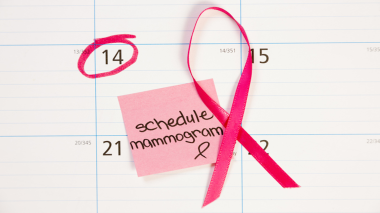Are you feeling especially tired, low energy, irritable, finding yourself overwhelmed? Do you notice any health symptoms cropping up and wonder why they are occurring? Consider taking a bit of time for yourself to assess how you are doing in the busyness of life. We all have so many responsibilities and distractions, and few of us take the time to really look at the factors contributing to our ongoing stress levels. Think about how we can go about managing – and reducing – the toll.
What to look for:
- Feelings of hopelessness, low sense of purpose, disinterest, anger or irritability
- Experience of headaches, heartburn, fatigue or abdominal distress
- Difficulties dealing with work or other areas of life
- Increased use of drugs and alcohol
- An increased sense that you are not effective at work or in other life roles
If this sounds like you, consider reflecting on:
Your workload at your job and/or in other areas of your life. Are you asked to do or are you taking on too much? Is your workplace and/or other environments supportive?
What you can do:
- Advocate for your needs. Identify the person you feel comfortable sharing with, voice your experience, and ask to collaboratively discuss ways to receive support. This may be as simple as placing more boundaries around your time, or it may involve stepping back from an excess of responsibility.
- Strengthen relationships. Whether it be with co-workers, family, friends or a community of neighbors or a spiritual practice, support networks help.
- Prioritize self-care and rest. Not just a catch phrase, but a necessary foundation for good physical and mental health. Things like diet changes, adequate sleep, exercise, time outdoors, massage, mindfulness, yoga, meditation, down time and doing things you love to do make a difference. Make self-care a non-negotiable for every day and see if you notice any improvement.
- Consider talking to your health care provider or a counselor. Discuss with them your symptoms and experiences of ongoing stress. Prevention is always helpful, but it’s never too late to turn things around and start feeling better.



